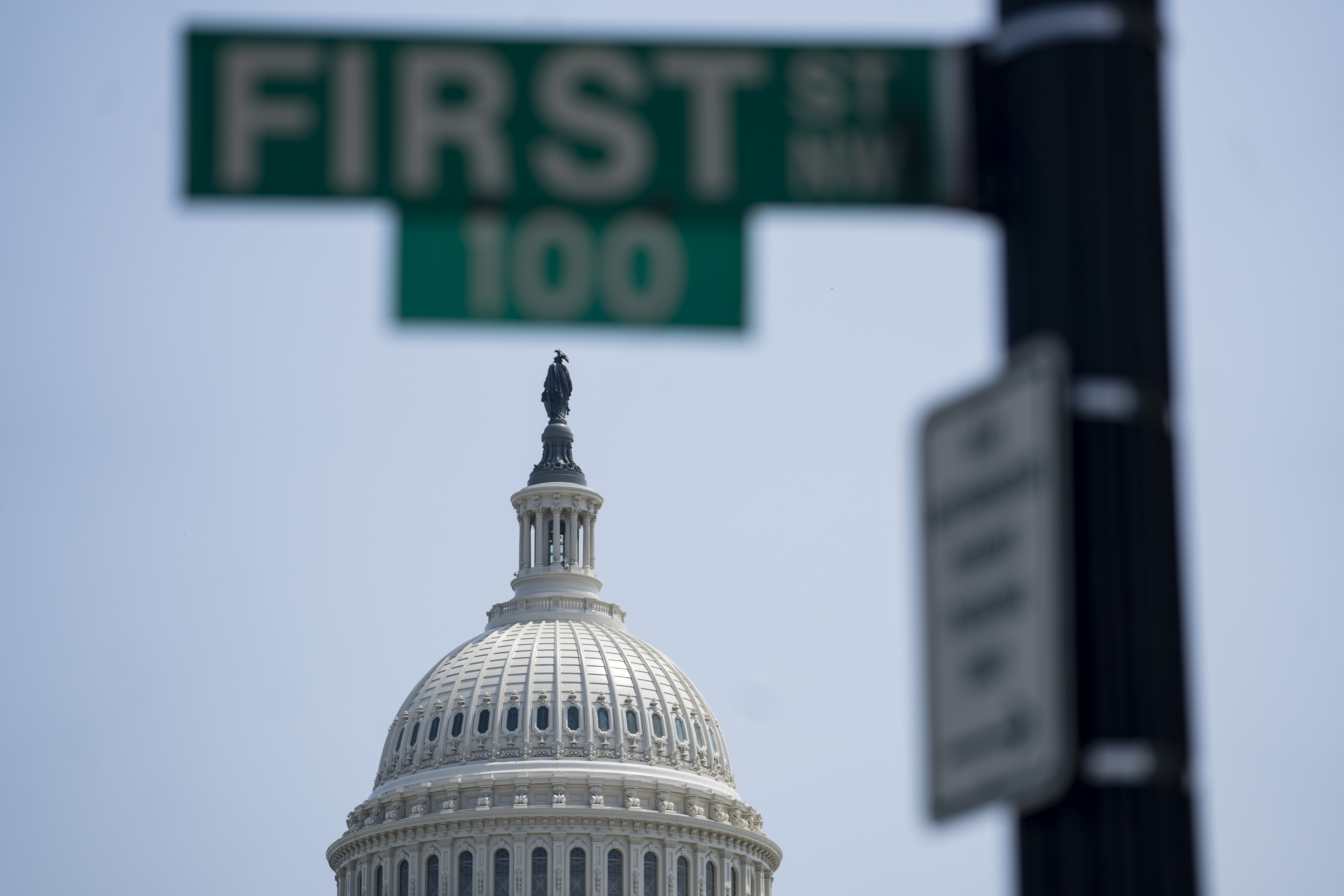US 'commitment' to Asia is self-interested
- By Tom Fowdy
 0 Comment(s)
0 Comment(s) Print
Print E-mail China.org.cn, September 20, 2022
E-mail China.org.cn, September 20, 2022

Since 2018, the foreign policy of the U.S. has shifted to try and contain the rise of China. In doing so, the U.S. has pursued measures across various fronts, including increasing economic protectionism at home and launching a technology war against China's key industries. In doing so, the U.S. aims to build multiple interlocking coalitions to isolate Beijing.
To achieve its goals, the Biden administration is seeking to avoid the commitment and compromise of multilateralism by building small coalitions of countries to fortify U.S. interests on given issues. For example, one such coalition is the AUKUS military partnership (between Australia, the United Kingdom and the United States). Another is the "Indo-Pacific Economic Framework" (IPEF), which the U.S. established earlier this year to counter China's economic influence in East Asia. Its purpose is to allow Washington to "shape the rules" and isolate Beijing from supply chains in areas of American preference.
There is, of course, an obvious flaw in IPEF: The U.S. is using it to impose its vision and demands on participating countries but fails to provide any real incentives or substantial benefits. It does not offer any form of market access whatsoever, let alone pledge any investment. This is because American domestic politics are centered around a new consensus of protectionism, formulated by the Trump administration under the slogan of "America First."
The logic of America First is unilateral, and American jobs and industries are the priority. The formulation of the IPEF is motivated by the strategic need to contain China, but otherwise restrained by the reality that the U.S. cannot cede its protectionist outlook. The structural reasons behind this uncertain outlook are solely hegemonic and not for the benefit of American allies. It is a massive contradiction in the IPEF.
U.S. protectionist policies are undermining the exports of allies, which has been one growing point of tension between the U.S. and South Korea.
For example, the Inflation Reduction Act – the Congressional bill addressing climate change – discriminates against all overseas manufacturers of electric vehicles, even those in South Korea, one of its closest allies.
This has led to denunciation of U.S. policies in several South Korean newspapers, with the Hankyoreh stating that the U.S. "is morphing from a guardian of free trade into a disrupter of international trade norms." The Joongang Ilbo noted that U.S. President Joe Biden's "Build Back Better" is no different from former U.S. President Donald Trump's "Make America Great Again."
The IPEF demands its participants follow American strategic and economic preferences but offers nothing in return. Meanwhile, U.S. domestic protectionist policies also negatively impact its members.
This means that the so-called U.S. "commitment" to Asia is superficial, self-interested and short-sighted. The IPEF risks imposing costs on its members but offers no benefits. It is neither a trading bloc nor an investment treaty. It even does not have any funding. Despite U.S. efforts to roll back globalization, other countries won't be easy to convince.
Tom Fowdy is a British political and international relations analyst and a graduate of Durham and Oxford universities. For more information please visit:
http://www.shenbo75.com/opinion/TomFowdy.htm
Opinion articles reflect the views of their authors, not necessarily those of China.org.cn.
If you would like to contribute, please contact us at opinion@china.org.cn.





